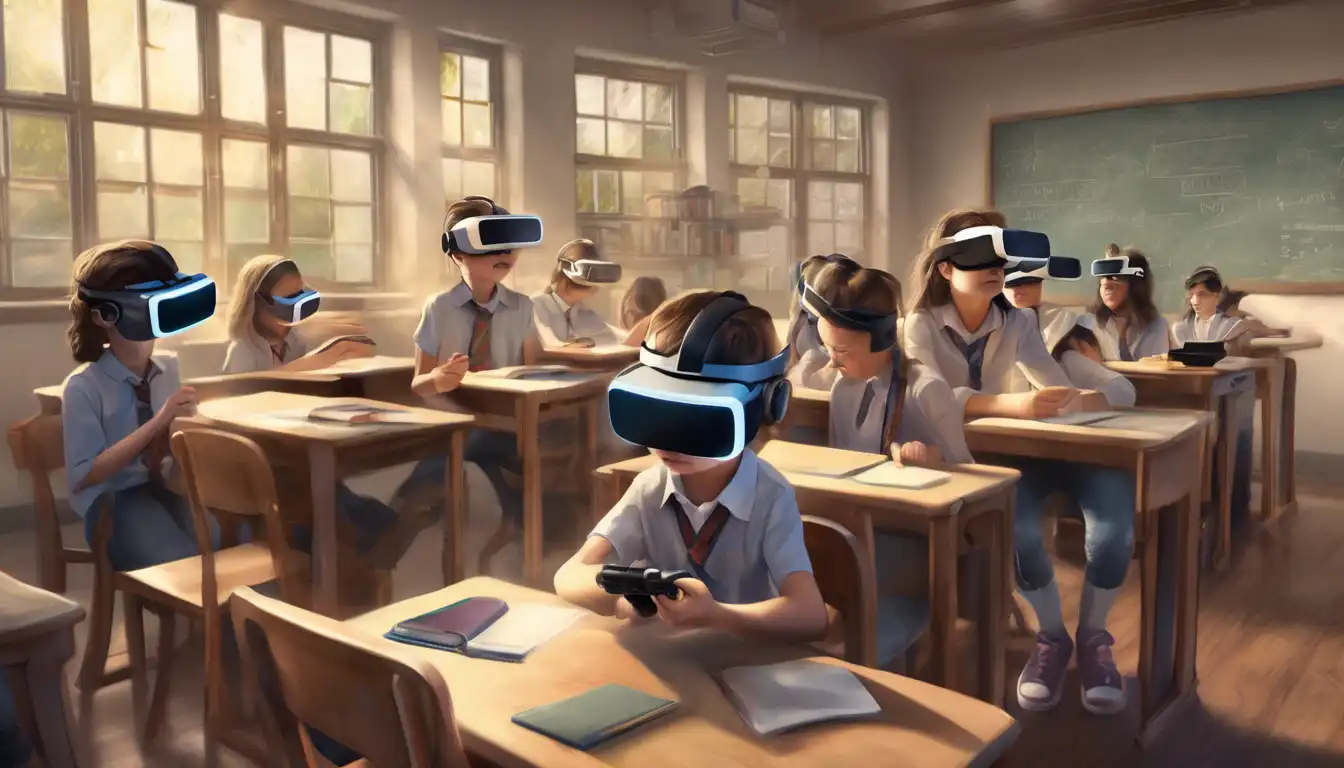The Transformative Impact of Virtual Reality on Learning Environments
Virtual Reality (VR) technology is revolutionizing the educational landscape, offering immersive learning experiences that were once unimaginable. By simulating real-world environments, VR provides students with the opportunity to explore complex concepts in a hands-on manner, making learning both engaging and effective.
Why VR in Education?
The integration of VR into educational settings addresses several challenges faced by traditional learning methods. It caters to various learning styles, enhances retention rates, and makes education accessible to students regardless of their geographical location. Here are some key benefits:
- Enhanced Engagement: VR's immersive nature captures students' attention, making learning more interactive and enjoyable.
- Improved Retention: Experiential learning through VR helps in better retention of information by involving multiple senses.
- Accessibility: VR can bring distant or inaccessible environments into the classroom, providing equal learning opportunities for all.
Applications of VR in Education
From virtual field trips to complex surgical simulations, VR's applications in education are vast and varied. Here are some innovative ways VR is being used:
- Virtual Field Trips: Students can explore the pyramids of Egypt or the surface of Mars without leaving their classroom.
- Science and Engineering: VR allows students to conduct experiments in a safe, controlled virtual environment.
- Medical Training: Medical students can practice surgeries and diagnose conditions in a risk-free setting.
Challenges and Considerations
Despite its potential, the adoption of VR in education comes with challenges. The cost of VR equipment and the need for technical support are significant barriers. Additionally, creating high-quality educational VR content requires expertise and resources. However, as technology advances and becomes more affordable, these challenges are expected to diminish.
The Future of VR in Education
The future of VR in education looks promising, with ongoing advancements in technology making it more accessible and effective. As educators and developers continue to explore its potential, VR is set to transform traditional learning paradigms, making education more interactive, inclusive, and impactful.
For more insights into innovative learning technologies, explore our EdTech Trends section.
